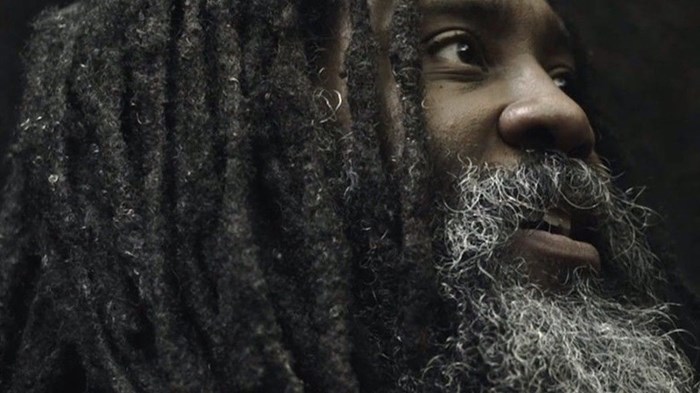Moving into the Neighborhood

“What do homeless people need?” Although he has lived with the homeless community for over 10 years, Maurice Young has rarely been asked this question. Yet according to a report from The National Alliance to End Homelessness,
“Seventeen out of every 10,000 people in the United States were experiencing homelessness on a single night in January 2019 during HUD’s Annual Point-in-Time Count. These 567,715 people represent a cross-section of America. They are associated with every region of the country, family status, gender category, and racial/ethnic group.”
Young is a sought-after educational speaker, Ted Talk communicator and subject of an award-winning documentary. Although he makes plenty of money from his speaking engagements, he has chosen to live outside with the homeless to understand their problems and be their advocate. He has spent time with homeless communities in Seattle, Los Angeles, Nashville, Miami, New York, Chicago and Indianapolis. He seeks to understand their situation and hear their stories by dwelling among them.
“The aid organizations and the humanitarian workers think they know- homeless are hungry and they don’t have food. Those people go to college and get a social worker degree. They have been trained and studied the knowledge, and they think they know what those people need; they are experts. I am an expert because I am in the situation.”
Young describes the homeless community as a mix of different groups. Some people live in their vehicles, some live in abandoned properties and others live outside in what is increasingly known as “camps”. Some become homeless due to addictions, some due to job loss, some due to family rejection. Although the reasons for becoming homeless and the particular form it takes can vary from city to city, and within a community, there is a common denominator.
“What do homeless people need?” While there are many answers that probably come to mind…food, clothing, shelter, or jobs, the answer Maurice gave was unexpected. “They need time.” he said. “Time to sort some things out. Time to figure some things out.” While their circumstances may vary, each person will work through the process of sorting things out at their own pace.
Besides time, the biggest need Young sees is mental health care. He estimates 90% of the homeless population in his hometown of Indianapolis have mental health needs. According to Psychology of Trauma 101, up to 80% of Americans will be exposed to a traumatic event during their lifetime. Young befriends many people on the streets who are trying to process a trauma they’ve experienced. In addition, homeless parents deal with the constant very real fear of having their children taken away if they engage with the system to get help.
Just as Job’s friends sat with him silently in the immediate aftermath of his trauma, Young has learned to support others by sitting with them and offering his presence. According to the Humanitarian Disaster Institute’s Covid-19 Mental Health Handbook, practical presence has two important aspects. The practical part involves helping the person with their basic needs, such as food and shelter. The presence part is actively being with another human being in their pain and not trying to fix it but validating their emotions to promote healing.
Well-meaning social service providers are eager to put homeless people on the path to independence and push them along, sometimes before they are ready. Young notes that these social services workers, as well as volunteers from local churches, are people “coming from a really good place”. However, in coming in with their own agendas, and not taking time to listen to the people they are trying to serve, they can unintentionally push people too fast, and ignore their voices.
Young has no intention of doing that. “As humans, I think we have that desire to…try to be the person in charge…I’m not in charge of nothing,” he says, “I’m just an instrument being used.” By giving up his own privilege, humbling himself, and meeting his homeless neighbors where they live, Maurice Young incarnates Jesus’s love for the world. "The Word became flesh and blood and moved into the neighborhood." (John 1:14, MSG).
Ami Hileman is a graduate student at the Wheaton College Humanitarian & Disaster Institute and a senior technical advisor at HOPE International.
Jiapei Liang is a graduate student at Wheaton College Humanitarian & Disaster Institute. Prior to Wheaton College, she received a M.Min at China Evangelical Seminary.
The Better Samaritan is a part of CT's
Blog Forum. Support the work of CT.
Subscribe and get one year free.
The views of the blogger do not necessarily reflect those of Christianity Today.






















